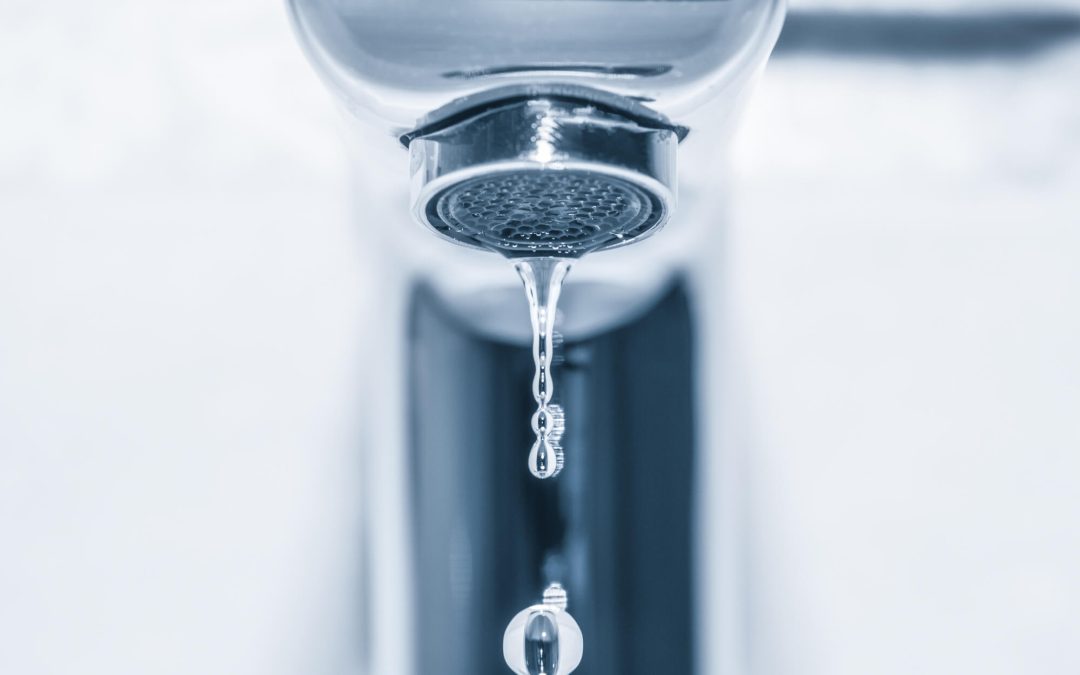Plumbing issues can be a homeowner’s nightmare, causing inconvenience, costly repairs, and potential property damage. However, a proactive approach can significantly reduce the risk of encountering plumbing problems at home. In this guide, we will explore practical tips to prevent plumbing problems and ensure the smooth functioning of your plumbing system.
1. Regular Inspections are Critical to Prevent Plumbing Problems
One of the best ways to prevent plumbing problems is through regular inspections. Check for leaks, drips, and signs of water damage in areas such as under sinks, around appliances, and near water heaters. Early detection allows you to address minor issues before they escalate into major problems.
2. Monitor Water Pressure
High water pressure can strain your plumbing system, leading to leaks and burst pipes. Invest in a water pressure gauge to monitor the pressure regularly. If the pressure is too high, consider installing a pressure regulator to maintain optimal levels and protect your pipes.
3. Be Mindful of What Goes Down the Drain to Prevent Plumbing Problems
Avoid clogs by being mindful of what goes down the drain. Dispose of grease, coffee grounds, and food scraps in the trash rather than the sink. Use drain strainers to catch hair and other debris in the bathroom. Also, avoid flushing items like wipes, cotton balls, and sanitary products, as these can lead to blockages.
4. Regularly Clean Drains
Regular drain cleaning helps prevent clogs and keeps your pipes flowing smoothly. Consider using natural solutions like a mixture of baking soda and vinegar or commercial drain cleaners to clear minor clogs. Additionally, schedule professional drain cleaning services periodically for a more thorough inspection and cleaning.
5. Insulate Pipes
In cold climates, frozen pipes are a major concern. Insulate exposed pipes in basements, attics, and crawl spaces to prevent freezing during winter months. Proper insulation protects your pipes from freezing and conserves energy by maintaining water temperature.
6. Maintain Water Heater to Prevent Plumbing Problems
Extend the lifespan of your water heater and prevent malfunctions by flushing the tank regularly to remove sediment buildup. Set the temperature to a safe and efficient level, typically around 120 degrees Fahrenheit. Regular maintenance ensures that your water heater operates efficiently and reduces the risk of leaks.
7. Know the Location of Shut-Off Valves
In case of a plumbing emergency, knowing the location of shut-off valves is crucial. Familiarize yourself with the main water shut-off valve and individual shut-off valves for sinks, toilets, and appliances. This knowledge can help you quickly isolate the issue and minimize potential damage.
Taking a proactive approach to plumbing maintenance can save you time, money, and the stress of dealing with unexpected issues. By incorporating these preventive measures into your routine, you can ensure that your home’s plumbing system remains in optimal condition, providing comfort and peace of mind for years to come.
FAQ
How often should I conduct regular inspections of my plumbing system?
Regular inspections are recommended at least twice a year. Checking for leaks, drips, and signs of water damage under sinks, around appliances, and near water heaters helps in early detection and addressing minor issues before they become major problems.
What are the signs of high water pressure, and how can I monitor it at home?
Signs of high water pressure include noisy pipes and water hammering. To monitor water pressure, invest in a water pressure gauge, which can be attached to a faucet. If the pressure is too high, consider installing a pressure regulator to maintain optimal levels and protect your plumbing.
How often should I flush my water heater, and why is it essential for preventing plumbing issues?
Flushing your water heater at least once a year is recommended to remove sediment buildup, extending its lifespan and preventing malfunctions. Regular maintenance supports efficient operation and reduces the risk of leaks.
Are there any additional preventive measures not mentioned in the guide that I should consider for plumbing maintenance?
It’s advisable to check for and repair any dripping faucets promptly, as even small leaks can lead to significant water waste and potential damage over time.
All Pro Property Inspections provides home inspection services to San Diego and the surrounding area. Contact us to schedule an appointment.

